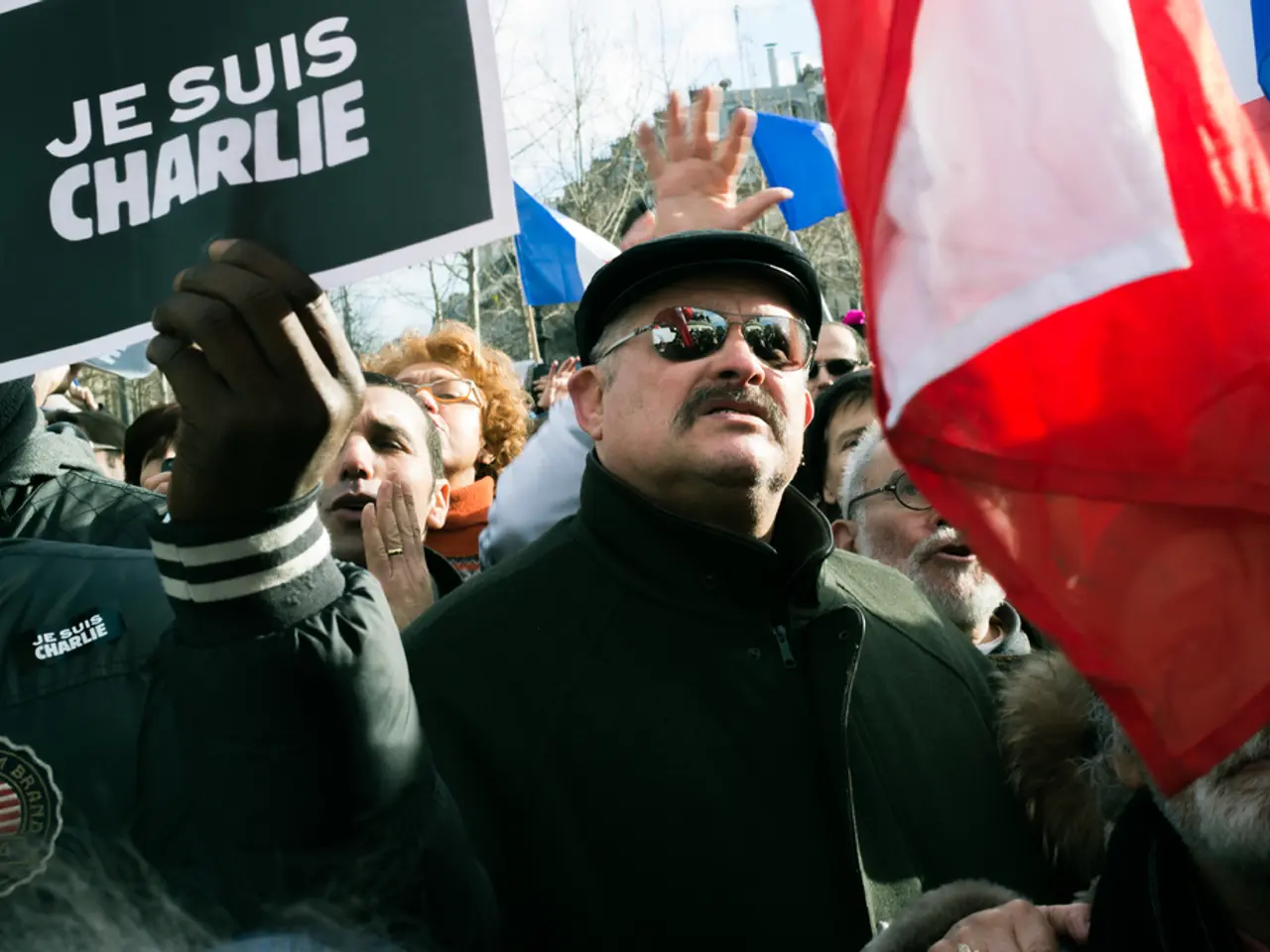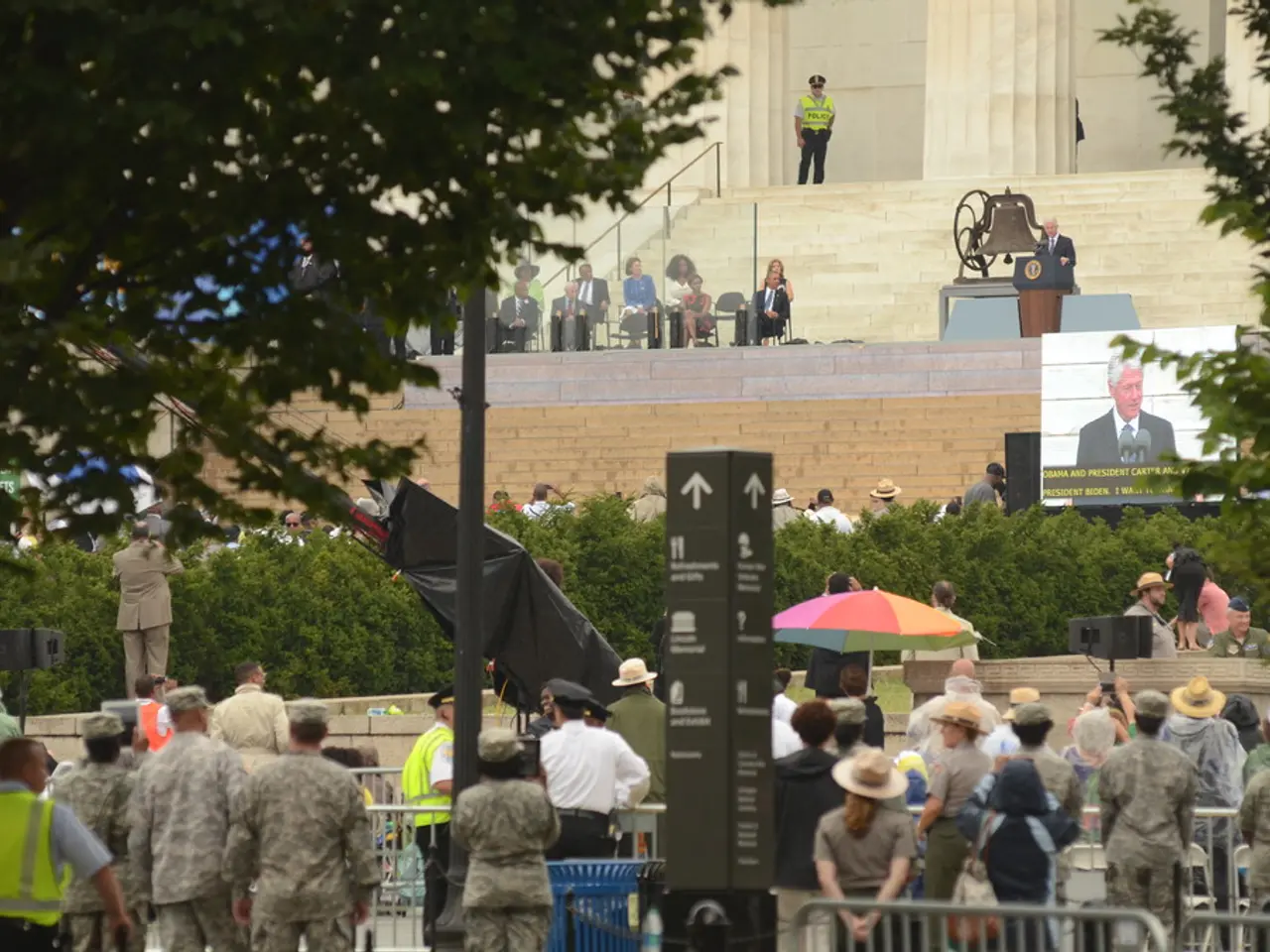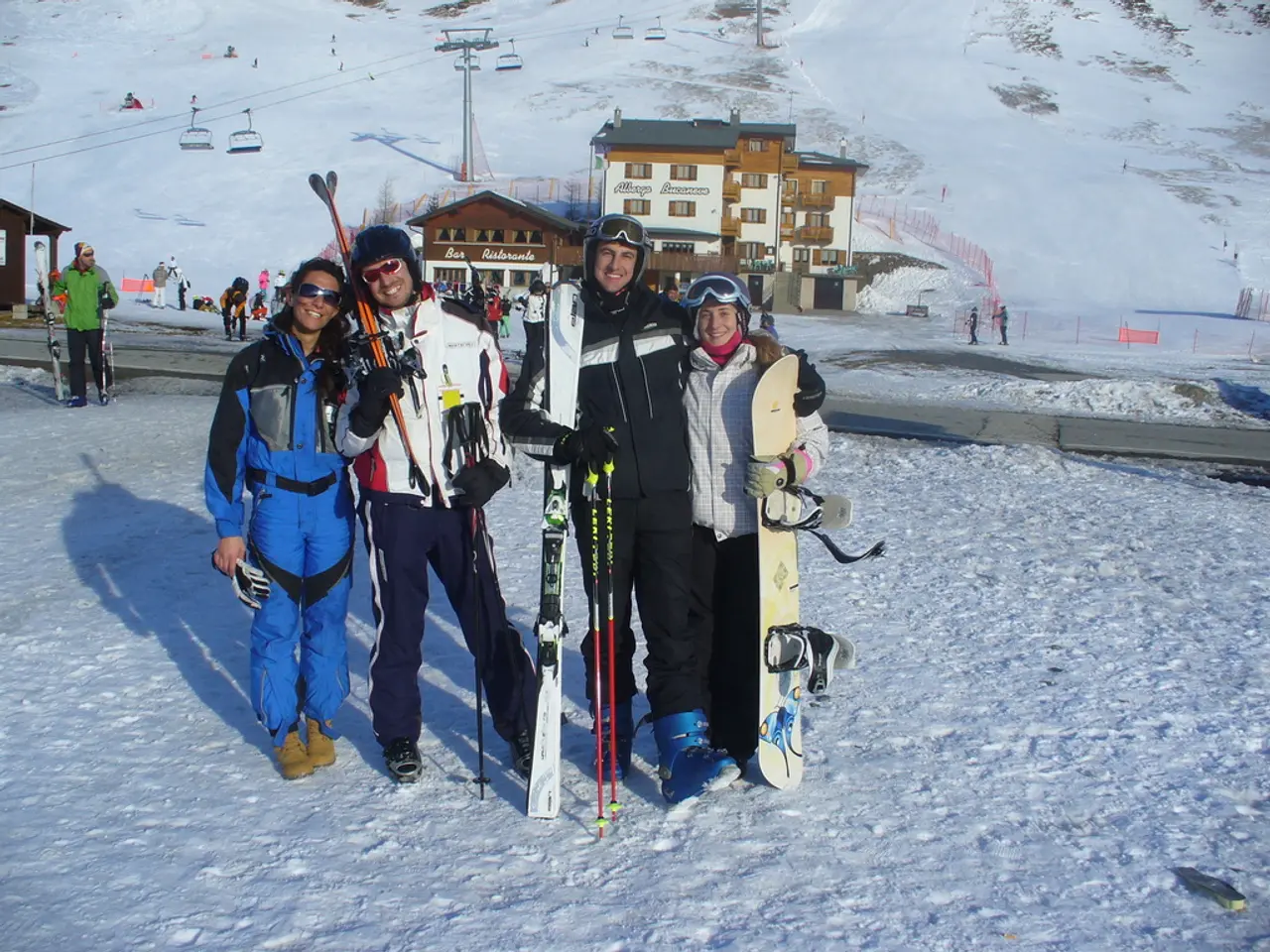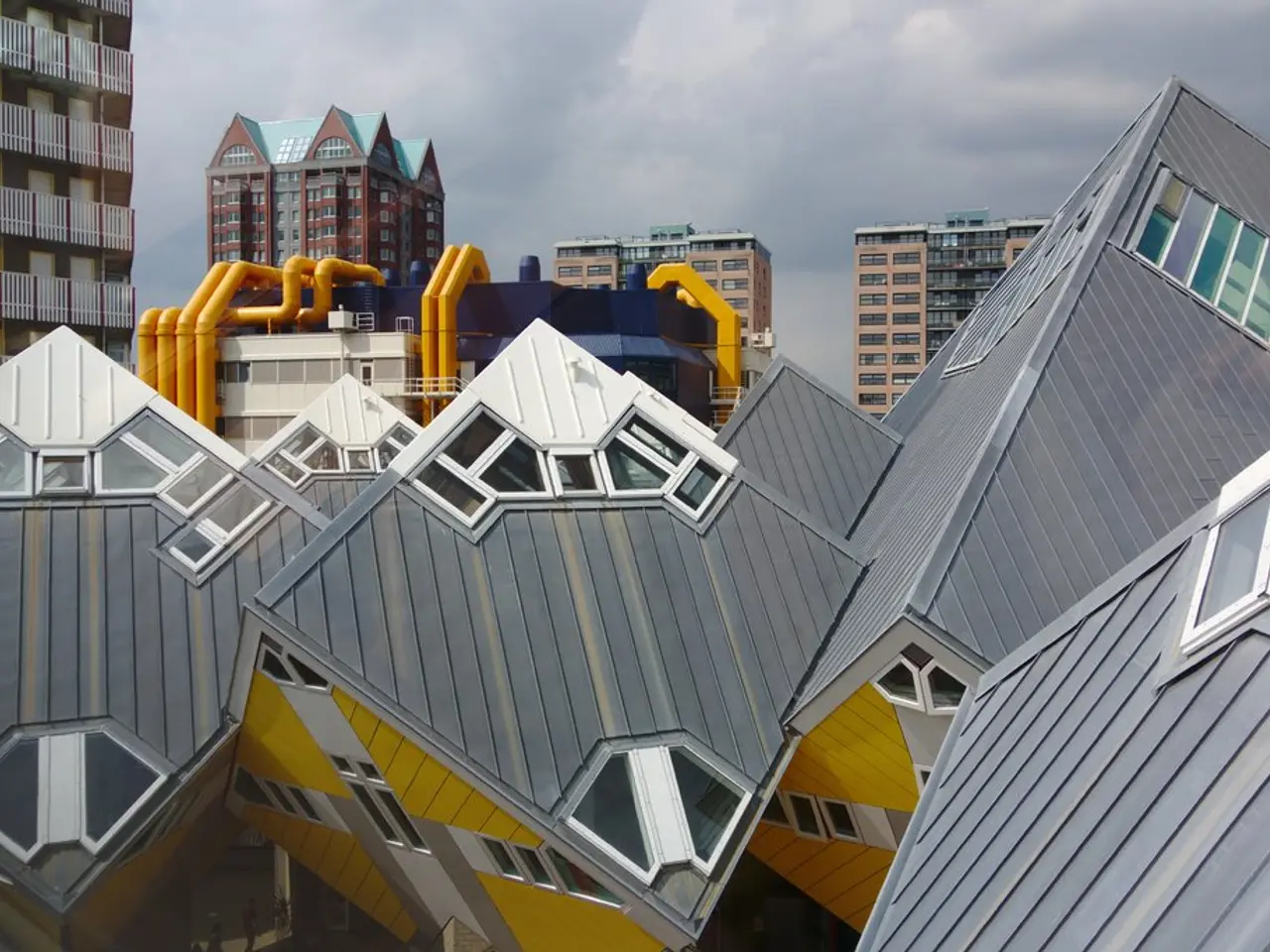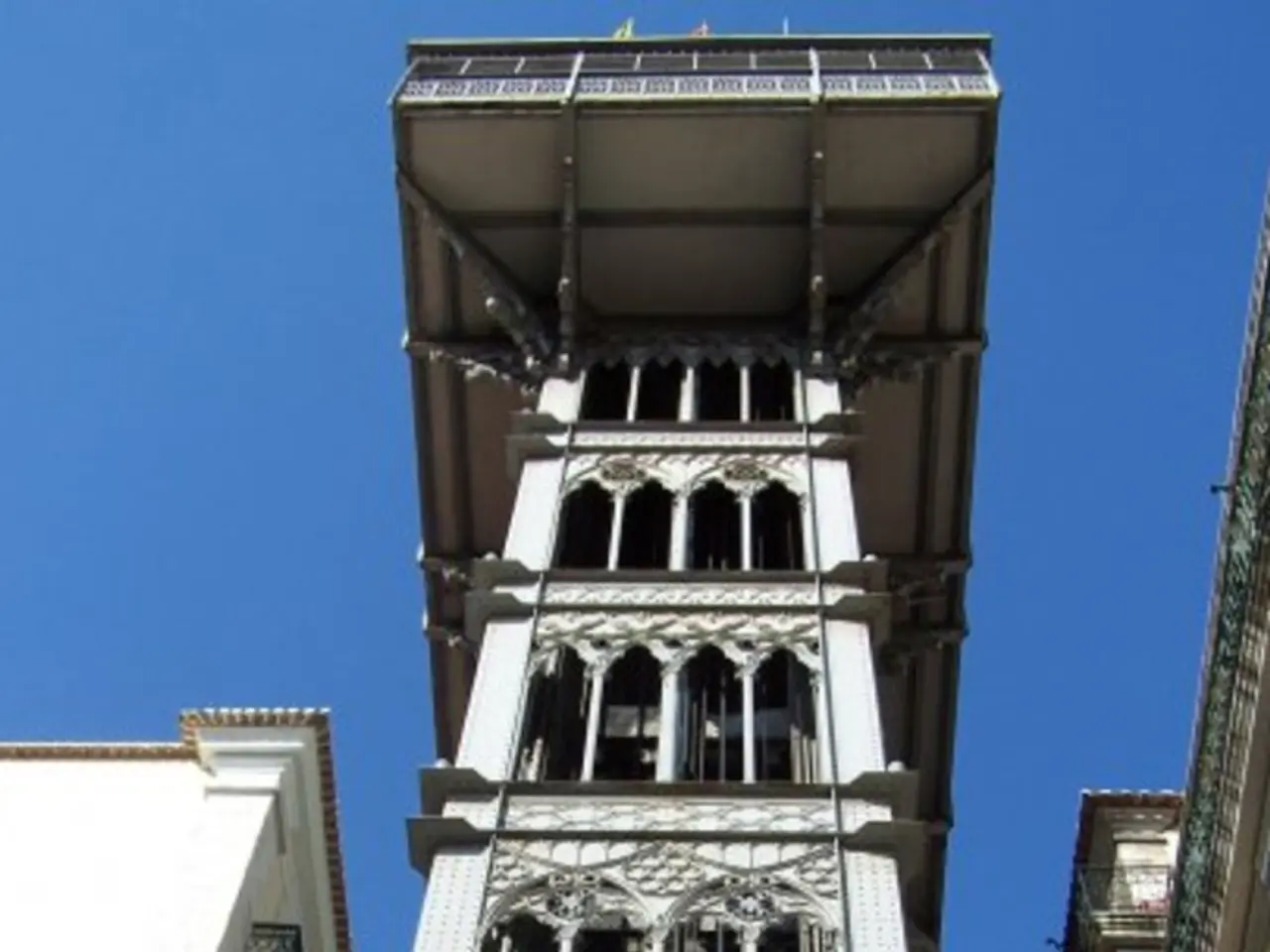Brazilian ex-president Bolsonaro faces home confinement
Former President Jair Bolsonaro of Brazil is currently under house arrest, a decision made by the Supreme Court ahead of his trial for allegations of plotting a coup to overturn the 2022 election results. The charges against Bolsonaro include criminal conspiracy, plans to assassinate key officials, shut down democratic institutions, and incite unrest, with evidence from wiretaps and videos uncovered during "Operation Counter-coup."
Bolsonaro denies all charges, claiming political persecution. The court had previously imposed restrictions on Bolsonaro after his November 2024 indictment for conspiring to overturn the election. His breaches of these restrictions, such as addressing supporters through speeches and social media, led to the house arrest and monitoring measures like an electronic ankle bracelet and communication limits.
The reaction to these judicial actions, particularly from the U.S., has been critical. Former U.S. President Donald Trump, a Bolsonaro ally, has condemned the prosecution as a politically motivated "witch hunt," imposed a 40% tariff on Brazilian goods in response, and sanctioned Brazil’s Supreme Court Justice Alexandre de Moraes under the Magnitsky Act for alleged corruption and human rights abuses. The U.S. government has issued statements describing Brazil’s judicial measures as unjust charges and political persecution that threaten Brazil's democratic process and undermine bilateral relations. They have also expressed concerns about censorship and human rights implications affecting U.S. companies and citizens.
Meanwhile, Bolsonaro's supporters have taken to the streets, calling for his amnesty in demonstrations across several cities in Brazil. Flávio Bolsonaro, a member of parliament and one of Jair Bolsonaro's sons, has declared that Brazil is "officially in a dictatorship" due to the court's decision on house arrest.
Justice Alexandre de Moraes accuses Bolsonaro of continuing to influence political debate in Brazil through social networks, despite court orders. Bolsonaro's defense has announced plans to appeal the house arrest ruling, arguing that their client had strictly adhered to the court's orders and the brief speech cannot be considered a violation.
The ongoing legal proceedings against Bolsonaro involve serious allegations of anti-democratic conspiracies, with Brazil’s Supreme Court taking strong preventive actions. The U.S., particularly under Trump’s influence, has strongly reacted with economic sanctions and public denunciations, highlighting heightened tensions in U.S.-Brazil relations.
- The ongoing war-and-conflicts within Brazil's political landscape continues, as former President Jair Bolsonaro, currently under house arrest, contests alleged crimes relating to a coup plot, contending political persecution.
- In the realm of policy-and-legislation, the U.S. government's retaliation against Brazil, following Bolsonaro's house arrest, includes economic sanctions and the accusation of unjust charges and political persecution that threaten Brazil's democratic process.
- In general-news and crime-and-justice, Bolsonaro's supporters have been vocal in demonstrations calling for his amnesty, while conversations on political issues persist on social networks, despite court orders, raising questions about the extent of Bolsonaro's influence.
